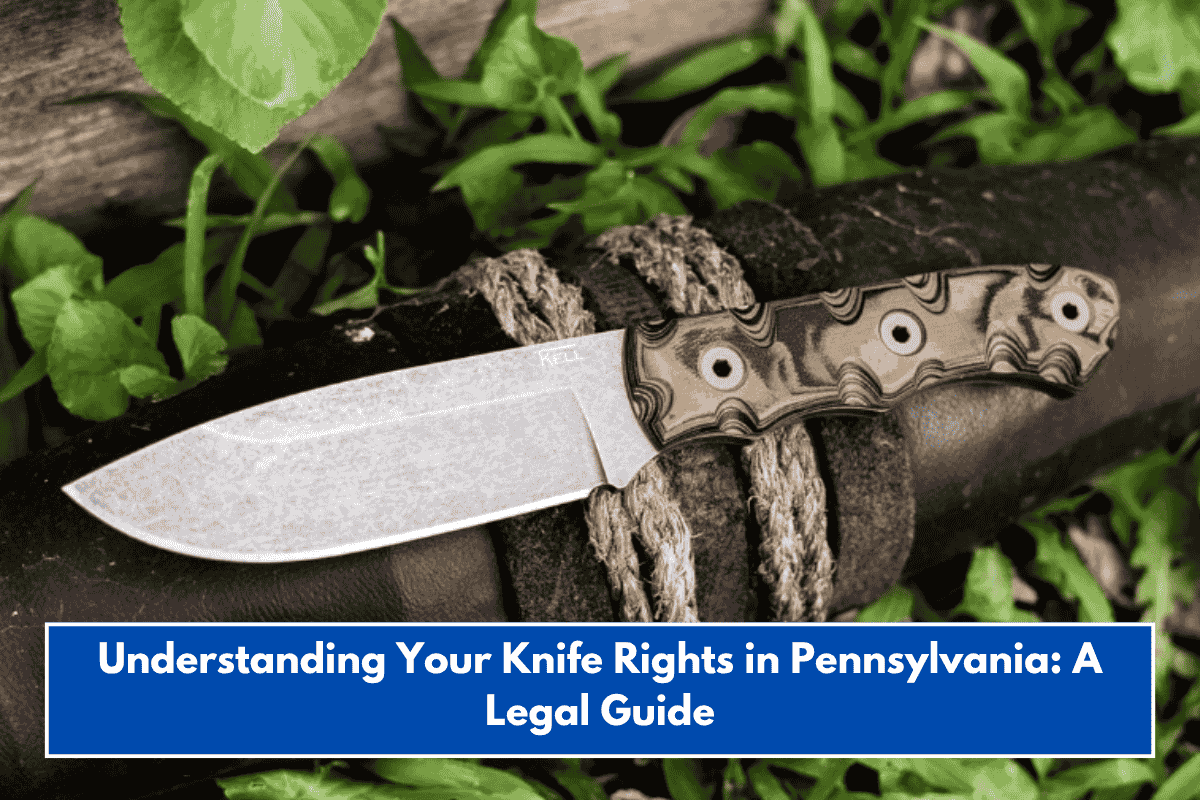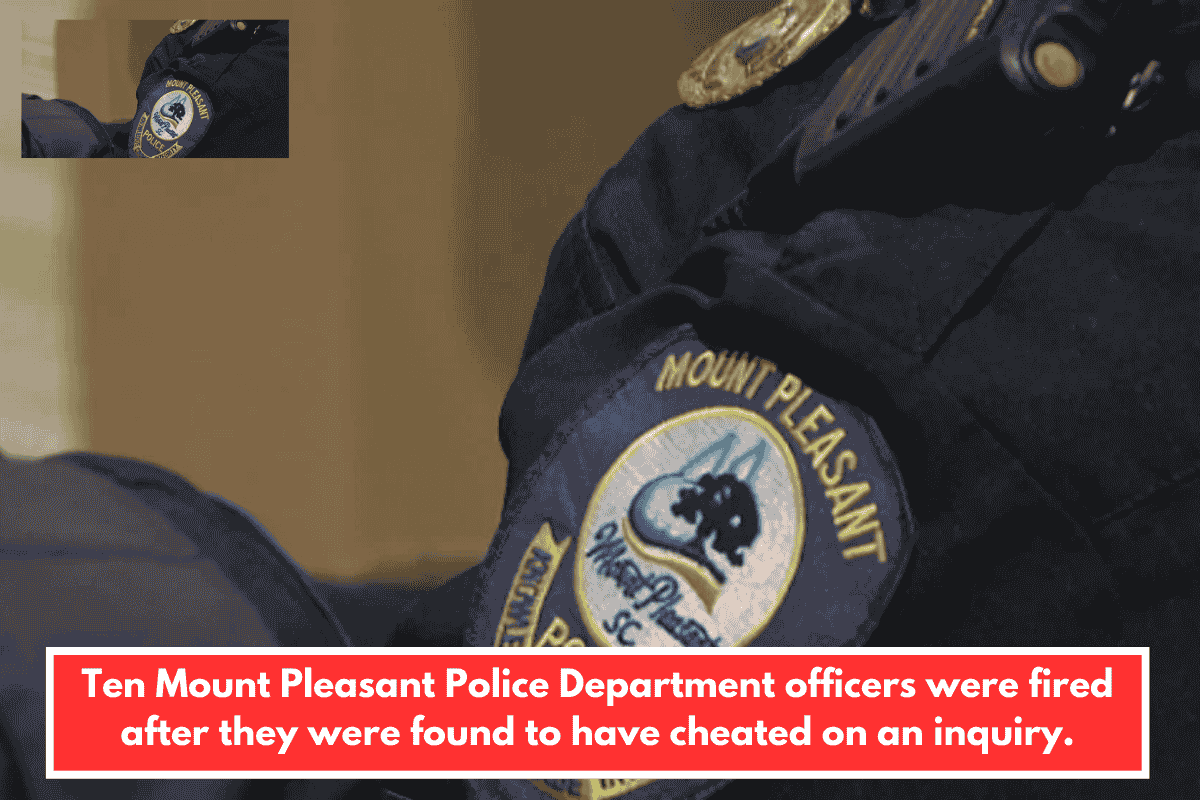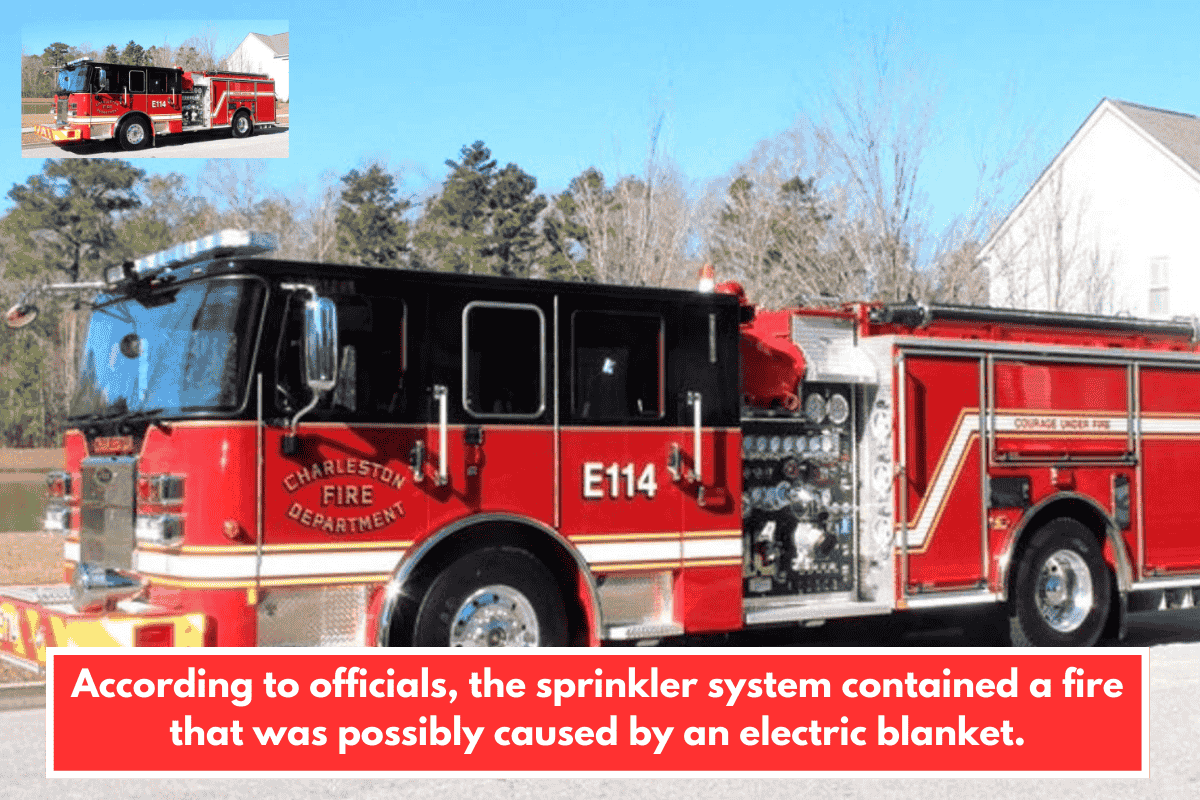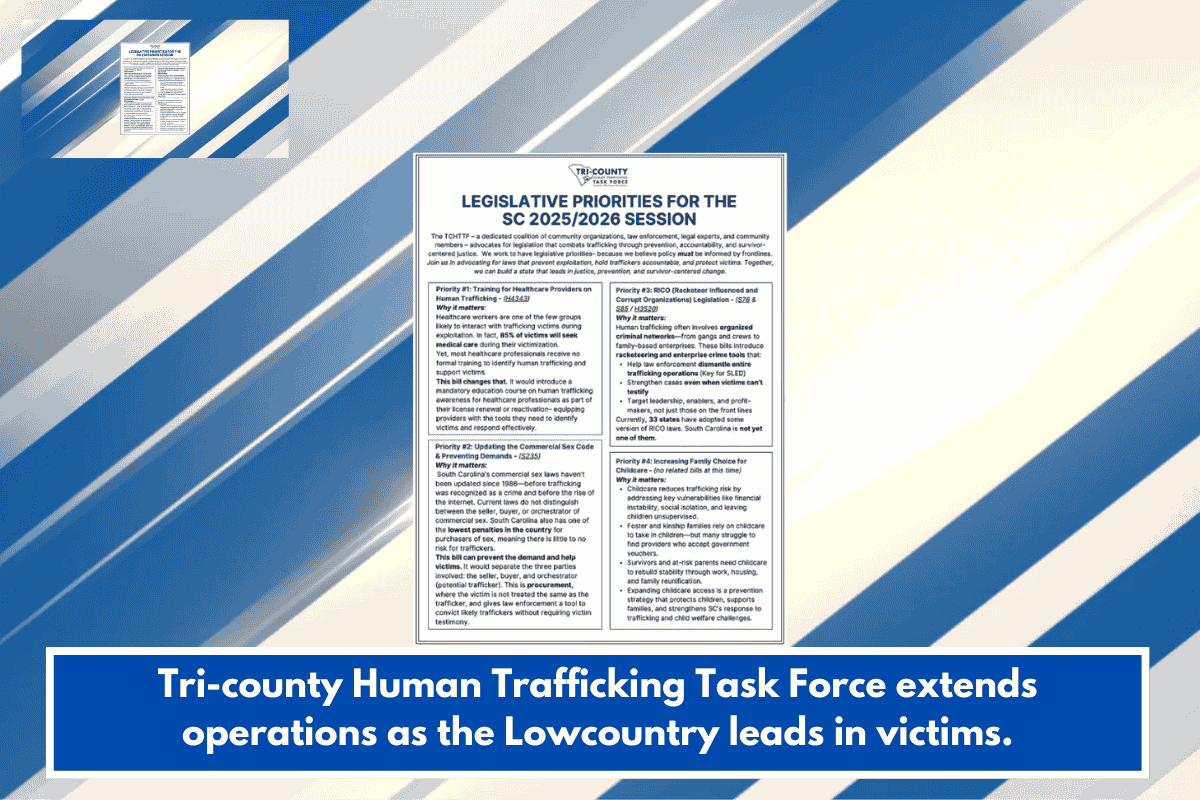Understanding knife laws in Pennsylvania is essential for both residents and visitors. The state’s laws are relatively permissive compared to others, but there are important restrictions and local ordinances to be aware of.
Legal to Own
- Most types of knives are legal to own in Pennsylvania, including pocket knives, Bowie knives, butterfly (balisong) knives, penknives, hunting knives, and automatic knives (for lawful purposes).
- There are no state-level restrictions on blade length, but local ordinances may impose their own limits.
Illegal or Restricted Knives
- Switchblades and other automatic-opening knives are generally considered “offensive weapons” and are illegal to carry unless kept as curios or for specific lawful purposes.
- Knives designed solely as weapons and capable of causing serious bodily injury are restricted, especially in the context of sale or transfer to minors under 18.
Carry Laws
- Pennsylvania does not distinguish between open and concealed carry, except where there is intent to use the knife criminally.
- It is legal to carry a knife for a common lawful purpose, such as work, recreation, or utility.
- Carrying a knife with criminal intent, or for unlawful purposes, is prohibited and can result in serious penalties (at least a $300 fine and 90 days imprisonment).
Location-Based Restrictions
- Knives are strictly prohibited on all school property (K-12, public and private) and in court facilities.
- There is no statewide airport restriction, but federal rules still apply.
- Law enforcement and military personnel are generally exempt from many restrictions when acting in their official capacity.
Local Ordinances
- Pennsylvania does not have statewide preemption, meaning cities can enact their own knife laws.
- Philadelphia has a particularly strict ordinance: possession of any knife on public streets or public property is prohibited, unless the knife is being used in the active exercise of a trade or profession.
Exceptions and Defenses
- There are specific legal defenses for possession, such as use in a theatrical performance, temporary possession after disarming an aggressor, or other lawful uses.
Summary Table: Key Knife Law Points in Pennsylvania
| Aspect | State Law | Local Ordinances (e.g., Philadelphia) |
|---|---|---|
| Types Legal to Own | Most knives, incl. automatics* | May be further restricted |
| Concealed/Open Carry | No distinction, unless criminal use | Prohibited on public property |
| School/Court Carry | Prohibited | Prohibited |
| Blade Length Limits | None statewide | May apply locally |
| Sale to Minors | Restricted for “deadly weapons” | N/A |
| Penalties | $300+ fine, 90+ days jail possible | Local penalties may apply |
*Automatic knives legal for lawful purposes; switchblades generally prohibited unless as a curio.
Practical Tips
- Always check local ordinances, especially in cities like Philadelphia.
- Never carry a knife on school property, in courthouses, or with criminal intent.
- For work or recreation, most common knives are permitted.
- If stopped by law enforcement, be prepared to explain your lawful purpose for carrying a knife.
By understanding and following these guidelines, you can exercise your knife rights in Pennsylvania while staying within the law.
SOURCES
[1] https://www.akti.org/state-knife-laws/pennsylvania/
[2] https://knifeade.com/pennsylvania-knife-law/
[3] https://tkellknives.com/knife-laws-in-pa-understanding-pennsylvanias-carry-regulations/
[4] https://ravencresttactical.com/pennsylvania-knife-laws/
[5] https://nobliecustomknives.com/us-knife-laws/pennsylvania-knife-laws/














